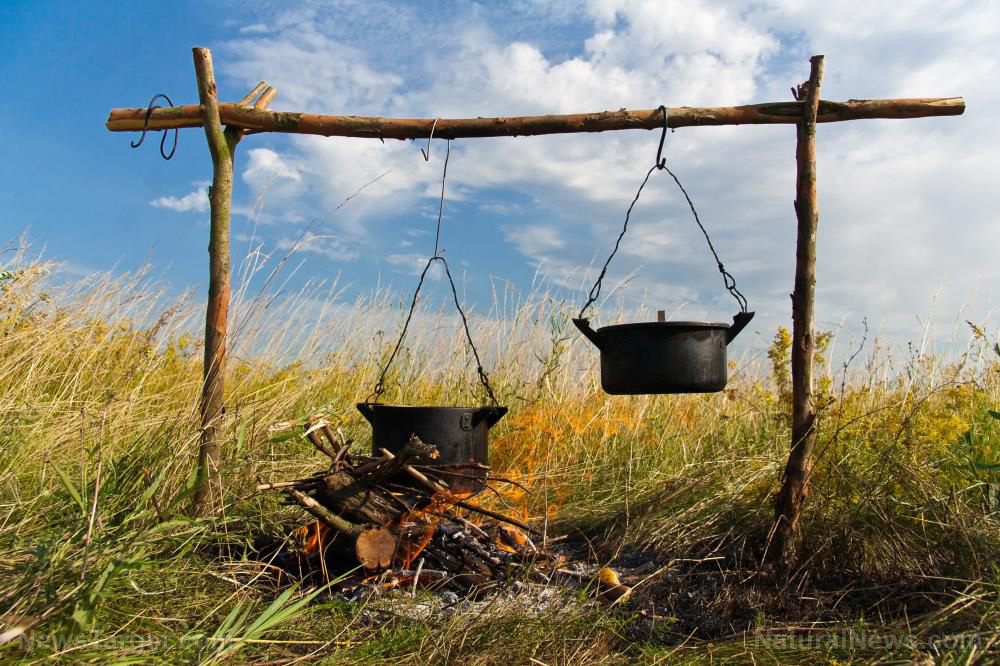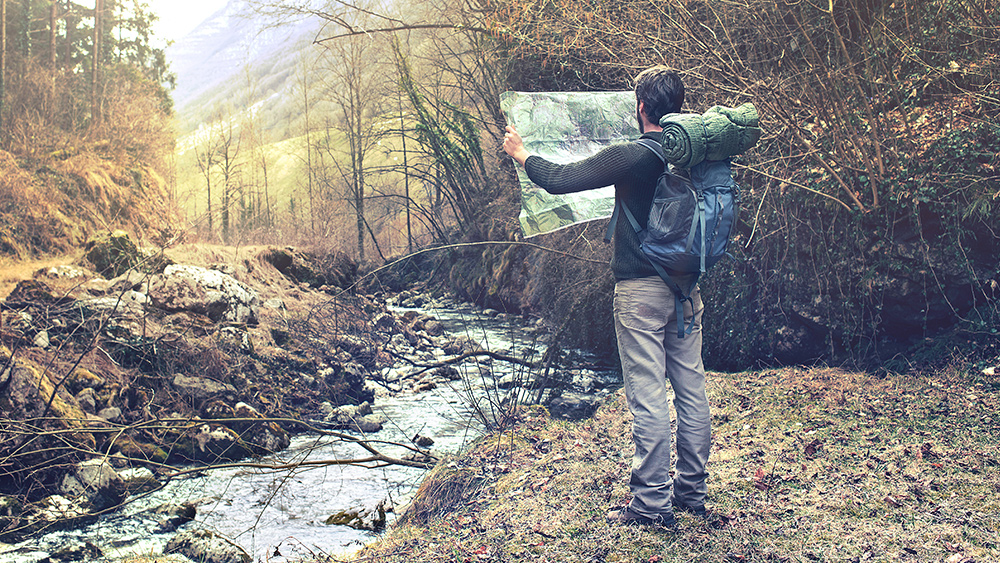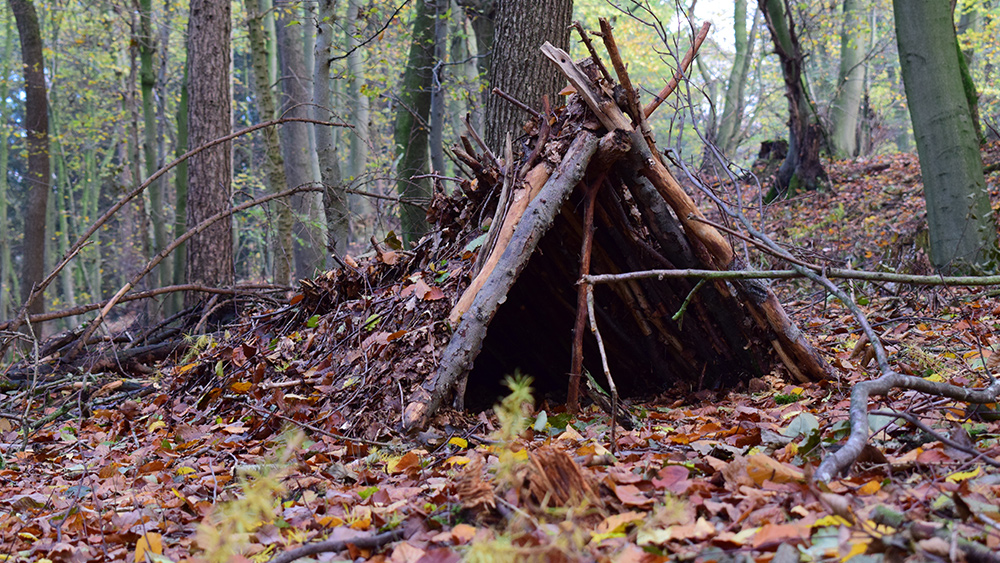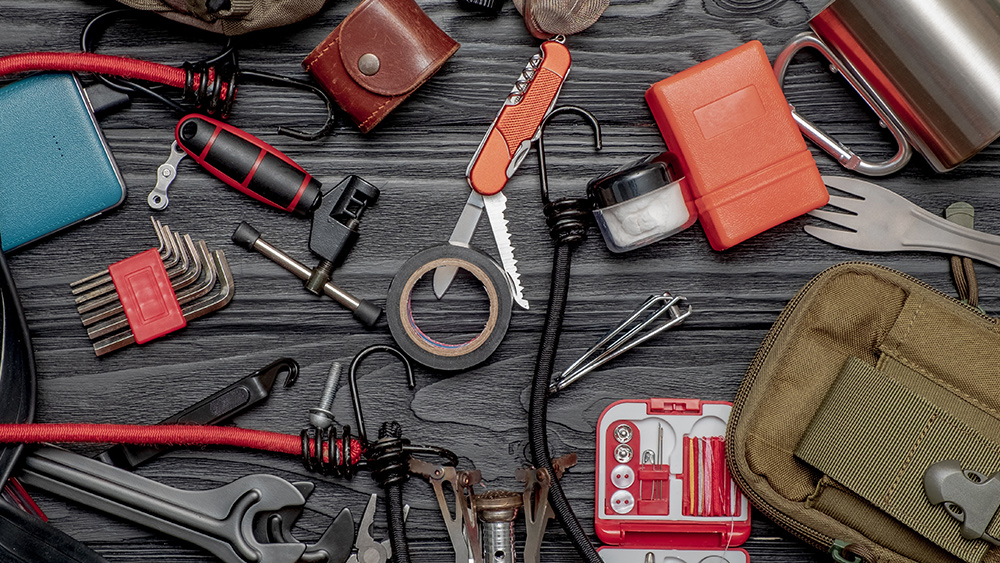
The last couple of years were very chaotic for preppers and non-preppers alike. If the pandemic, natural disasters and international conflicts have taught preppers anything, it's that you need to be ready so when SHTF, you can take appropriate action to protect yourself and your family.
Not many people will realize this, but accurate information is also an important part of your prepping arsenal. (h/t to TheOrganicPrepper.com)
It's impossible to accurately predict the exact scope of a disaster in advance, and this is why you need access to accurate information so you can make changes to your emergency preparedness plans as needed.
Accurate information will help you adapt to your environment
As a prepper your first instinct when disaster strikes will be to make sure your loved ones are safe. If you can't communicate with your family after SHTF, you can still find peace of mind once you confirm the extent, precise location and nature of the disastrous event that has just taken place.
But when SHTF, it can be hard to get accurate information, particularly if the communication infrastructure has been damaged, shut down or overwhelmed. In some cases, even local radio stations may stop broadcasting.
Can you use landlines as a news source?
If a large-scale disaster occurs in your area, you may be stuck in a news vacuum. During a long-term situation, this can spell trouble for you and your family.
To prepare for similar situations, it's best to have reliable communication methods like a landline telephone. While modern options like computers and the internet exist, when SHTF you can still use a telephone line to connect two computers.
As long as phone landlines work in your area, you can use them to transmit updated information. And while this old-school method isn't as fast as connecting your computer to the internet, it's better than nothing. (Related: Survival essentials: 11 Ways to communicate after SHTF.)
Cellphone towers will be vulnerable post-SHTF
Did you know that cellphone towers are very vulnerable to weather?
When there is an entire staff available in charge of a tower’s maintenance, the tower will work as intended. But when disaster strikes and the staff is absent, wireless personal communications won't work as efficiently.
AM/FM radios will still be reliable
AM/FM radios are another great source of information, but you need to make sure you also have power supplies.
AM/FM radio has survived all technological changes throughout history, and radios are even more useful now because of the internet. Radio broadcasts over the internet are great if you are looking for instant updated information.
Note that FM works better in the local environment.
Radio broadcasting equipment is less complex than computers, and it doesn’t require the limited lifespan components to work as a computer requires. When SHTF, your main concern with AM/FM radios is the necessary power level to broadcast.
With intermittent broadcasting, this won't be an issue. In the past, radio stations broadcast for a limited time and it's possible that radio stations will behave similarly when disaster strikes.
Prepare before SHTF by stocking up on necessary equipment for your radio, such as:
- Extra batteries
- Extra USB chargers for radios with USB ports
- Power banks
- Solar chargers for solar radios
What about your TV?
Local TV stations will still have their transmission equipment after SHTF. But will you have the power supplies in your house to receive these broadcasts?
Can you still turn on your TV? After SHTF, can you spare vital electricity, especially if you are using it to power a well pump or deep freezer, to run a TV?
While there are many options to spread and gather information after disaster strikes, keep in mind that not all of them are flexible enough for all preppers.
Before SHTF, do your research and make sure you have the gear you need for your preferred method of getting information, whether it's an AM/FM radio or a landline telephone.
Visit Survival.news for more tips on how to survive after SHTF.
Watch this video to know more about another option for emergency communication after SHTF.
This video is from the Shacking Off channel on Brighteon.com.
More related stories:
Prepper essentials: SHTF emergency communication plans for your family.
Intermediate prepping: How to deal with non-prepper neighbors when SHTF.
Prepping before SHTF: 16 Items for your survival first aid kit.
Sources include:
Please contact us for more information.




















